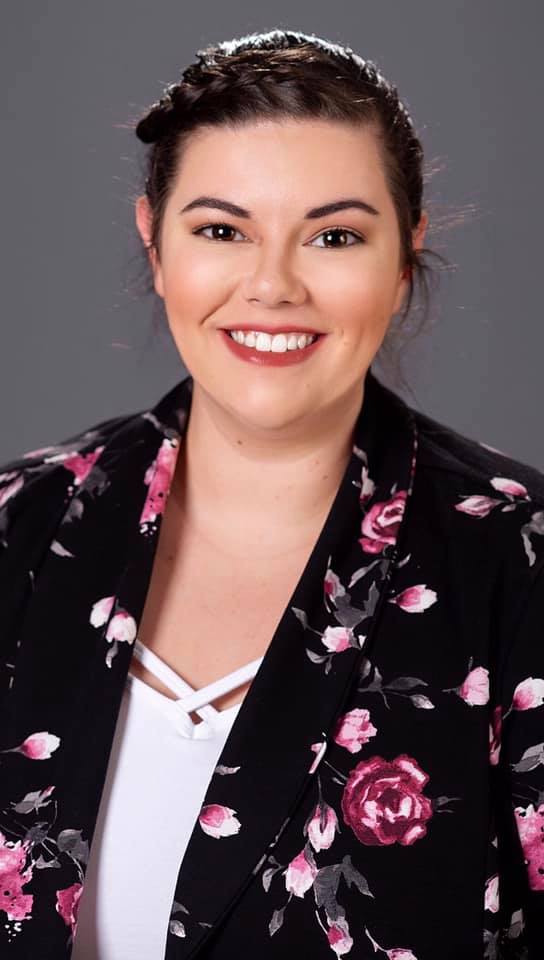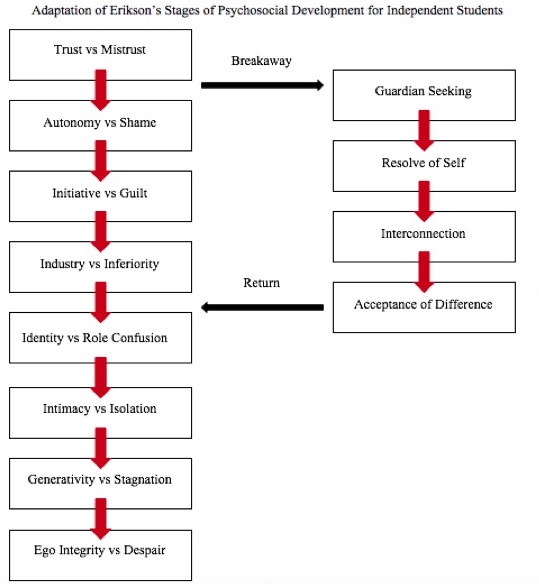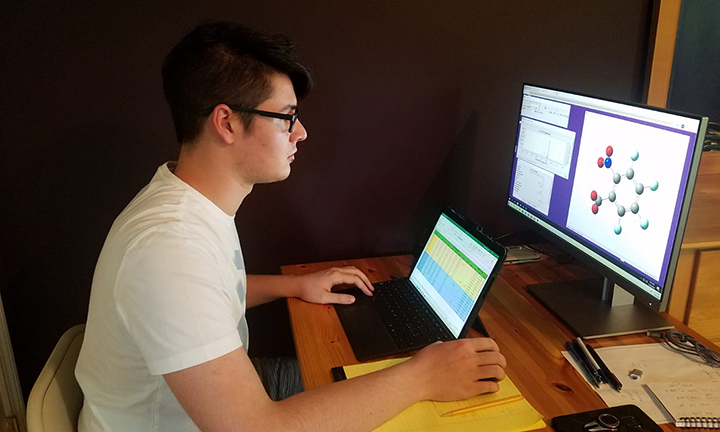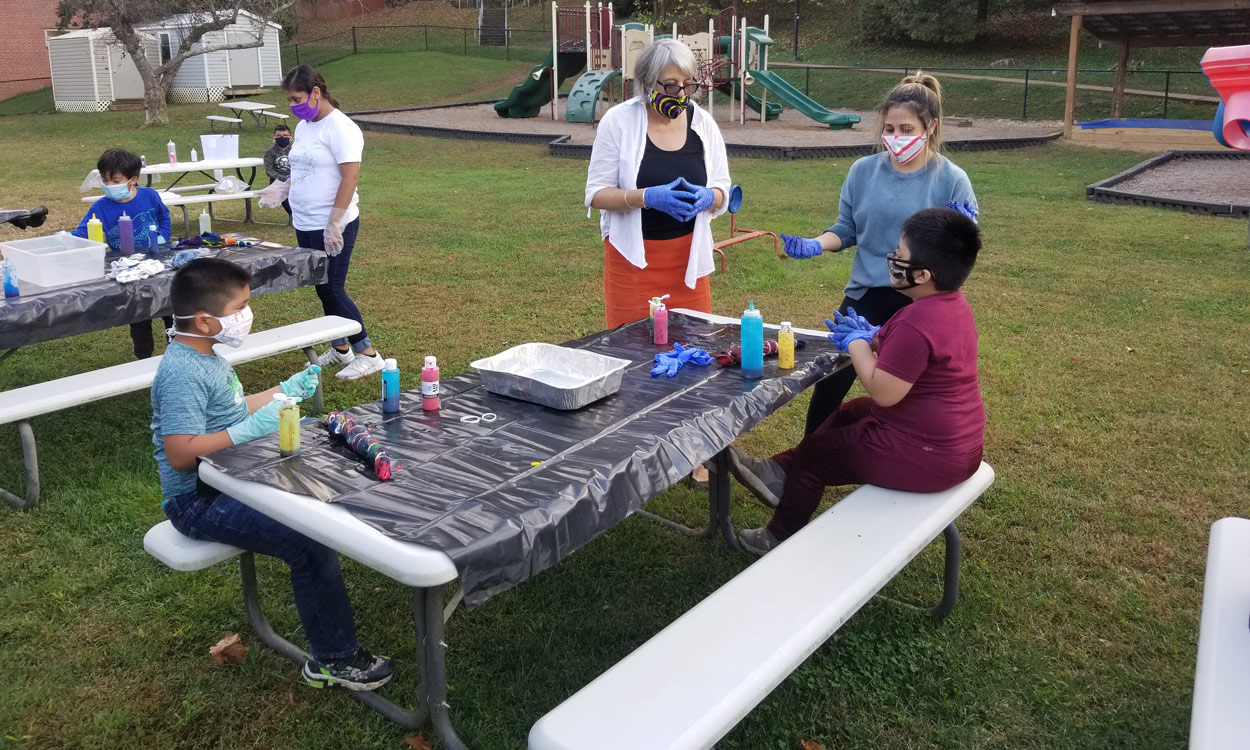Personal experience inspires research into independent students in higher education

Sophia Calhoun began studying at Western Carolina University for an bachelor’s degree in environmental health, completing her undergraduate studies in 2017. But, Sophia’s experiences as an independent student and working with and supporting other independent students opened her eyes to an entirely new career path in the field of higher education and student affairs, or HESA. In the same year, she began her master’s degree program in HESA. The faculty in the program and the promise of guaranteed graduate assistantships made WCU the right option for her to pursue her passion, she said.
Her passion and personal understanding of independent students drove her to begin working on research and projects about that student population. Before starting on her current manuscript project, she created her own revised theory of psychologist Erik Erikson’s life stages theory, which describes the different personal development crises that people go through at different stages and ages in their lives. She proposed a different set of stages for independent students, breaking away from Erikson’s theory but then returning to it after adding a new set of stages, which apply directly to that population of learners.
Sophia’s model is now being used as the basis for a manuscript she is developing with April Perry, assistant professor and program director of HESA, and fellow student Carrie Hachadurian, student development coordinator for the Center for Career and Professional Development. Carrie has worked with independent students through the CCPD, researching what students need, while April is supporting students from the faculty side.
Together, their work combines staff, faculty and independent student perspectives into one manuscript. Carrie’s background work with independent students will help further develop empirical research, building statistics for that student population while April looks into the post-college transition.
Sophia said she hopes that this research will lead to an understanding of the development of independent students and their post-college transitions. Recently, she presented at the National Association of Student Personnel Administrators Conference, where her research was met with an engaged audience that included former independent students.
“Giving language to what people are experiencing that maybe no one has been able to give them before is really powerful."
In general, she has seen quite a bit of surprise from people in response to the research she is conducting, she said. Before beginning this manuscript, she originally presented her revised model of Erikson’s life stages theory in class to her cohort, who were pleased that she was able to put the process of independent students into words. “Giving language to what people are experiencing that maybe no one has been able to give them before is really powerful,” she said.
Upon completing the HESA program this May, Sophia eventually hopes to get her doctorate and become a professor teaching diversity or sociology. Currently, she serves as the graduate program coordinator for clubs and organizations in the Department of Campus Activities, as well as serving as a HESA ambassador and a member of the Student Transition Advisory Board.


